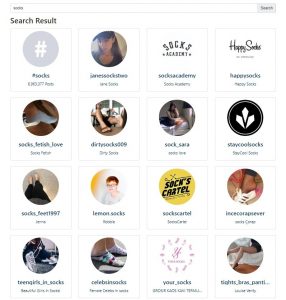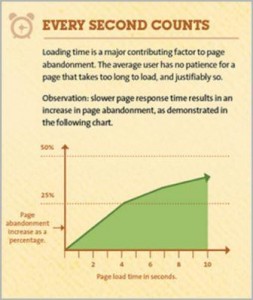The people you’re trying to reach are arguably the most important element to consider as you build your email marketing strategy.

Finally, it’s time to discuss the people you’re trying to reach with your email messages – your Audience. Here we shift to the Optimization section of the Periodic Table of Email Optimization and Deliverability, which we’ve been exploring in recent weeks.
The most important element of all is the Email Address (At), the unique identifier for your subscriber. This is the most valuable piece of information that we can collect.
Email addresses are typically assembled into Lists (Ls) – groups of email addresses that are uploaded to distribute email messages to. Each List, however, can be divided into various cohorts — depending on the amount of data you have on them — via Segmentation (Sg). Segmentation allows marketers to choose smaller groups of customers, or potential customers, and communicate with them in a manner that is specifically tailored to their particular demographics, locations or behaviors. Personalization (Me) refers to the practice of using subscriber data to tailor-make content for individuals based upon the information you have about them.
This information can be collected and augmented through the use of an email Preference Center (Pc), which is an interface for subscribers that allows them to manage their subscription preferences. Preference Centers can be used to allow recipients to tell senders how best to serve them by expressing their interests or indicate how often they’d like to receive communications.
Beyond Preference Centers, marketers can learn a lot about subscribers’ likes and dislikes by observing how they interact with messages that are sent. Recipients use an email Client (Cl) to either download their email or access their email through a web interface. The first metric marketers look at is the Open (Op), which occurs when a recipient actually opens an email. Next, marketers can look at whether users Click (Ck), or interact with a link within the email, which demonstrates their Engagement (Eg) with the content.
When marketers are analyzing their Audience’s interaction with the emails they’ve sent, two of the metrics that often have an impact on engagement are Send Time (St), the time the email is sent (typically looked at in terms of the recipient’s time zone) and Send Frequency (Sf), how often a given email address or list receives emails from the brand.
Marketing Land – Internet Marketing News, Strategies & Tips
(54)
Report Post






